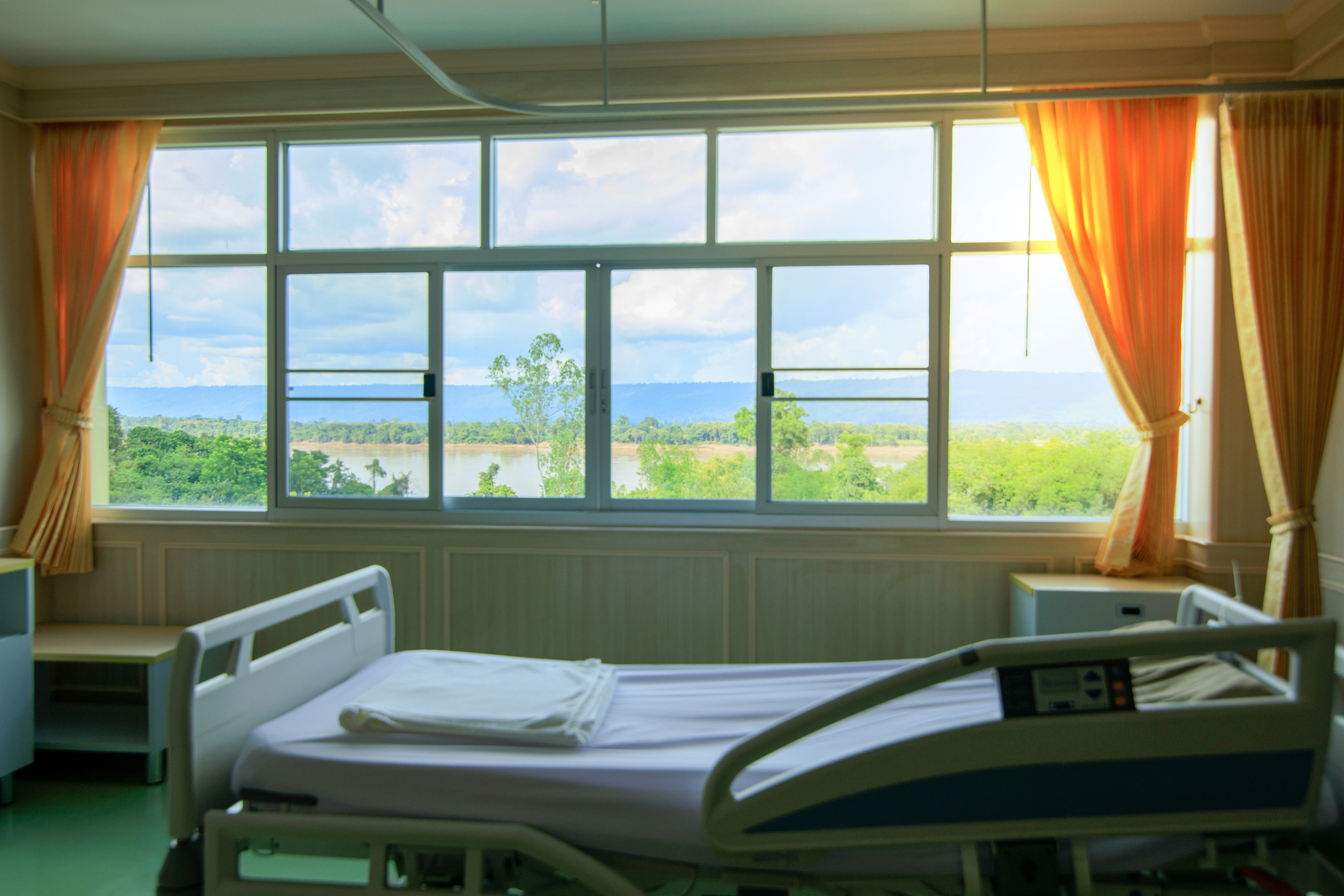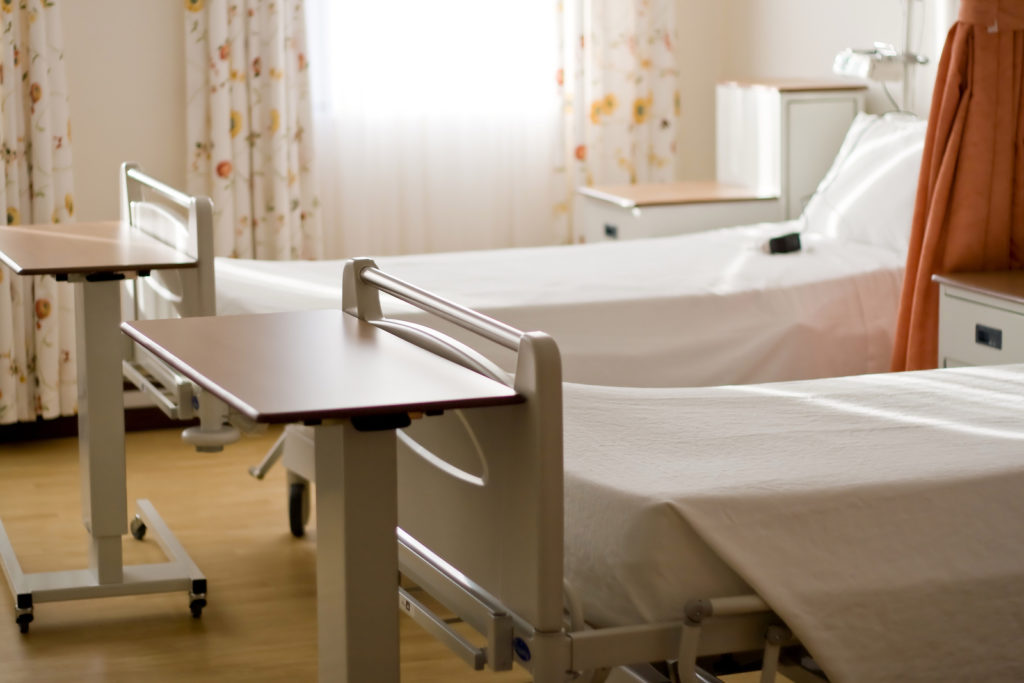Choosing The Right Hospital Bed – Step by Step Guide
Monday, September 30th, 2019, 4:20 pm , Posted by MED +
Choosing the right hospital bed is an important decision. Whether you are recovering from an injury, medical procedure or require a bed long term, you want to ensure you choose a hospital bed that provides maximum comfort, aids with recovery, and provides you with maximum mobility.
Hospital beds today come in many styles, shapes, sizes, features and functionality options. With the sheer number of options, it can be challenging for those trying to find the best hospital bed for their situation. Whether you are choosing for yourself or a loved one, it can be somewhat overwhelming.

Here we have put together a series of questions to consider to provide you with a step by step guide for choosing the right hospital bed for your unique recovery needs:
What Is The Users Health Condition?
• The health condition of the bed user is one of the most important factors that will determine the type of bed needed.
• Is the user only in need of a bed for a short period of time?
• Does the user need the bed long term?
• Can the bed user freely move around? Do they require assistance to adjust themselves while in bed?
• Does their condition create a need for specific support features?
How Long Do You Need The Bed For?
There is no doubt a hospital bed can be a big investment. If you need a bed long term or for a permanent solution, it’s more important to make sure you get exactly what you need. If you only need the bed for a short period of time, you may want to consider renting a bed. Comfort and functionality are still important but you may be able to get by with a less complicated model if you only need it for a couple of weeks. A standard hospital bed, in this case, will suffice.
How Mobile Is The User Of The Bed?
The mobility of the bed user has a big impact on the type of bed. Can the bed user get in and out of the bed? Do they require assistance? How much? Are there features they need to support their mobility? For example, a person that can sit up and get out of bed themselves would require a more basic bed than a person who was completely immobile.
How Many Hours Per Day Will The User Spend In Bed?
The amount of time you spend in the bed will have a big impact on the hospital bed style. In general, if a person is required to spend to the majority of the day in bed, a fully electric bed may be best and provide the best support. Manual and semi-automatic hospital beds are better suited for people with short term recover and those who are more mobile.

What Type of Mattress Is Ideal For The User?
The type of mattress you need is also impacted by the amount of time spent in bed as well as the type of health condition. For example, if you spend most or all of the day in bed, you will need a mattress that is designed to prevent bedsores and other ailments common with prolonged lying. There are many mattress types to consider – gel, memory foam and other specialty options based on your health condition and support needs.
What Bed Features and Functionality Are Required?
Hospital beds have countless features to consider. Again, the amount of time you need the bed, the health condition of the bed user, and other factors should be considered when choosing bed features. Consider these bed features when choosing a hospital bed:
• Positioning bed platform adjustment options
• Side rails
• Bed scales
• Storage
• Load capacity
• Gap protection
• Patent lift and bed trapeze solutions
• Bed transport
• Power needs
Choosing the right hospital bed is important. No two people are the same. Considering the above questions when comparing your options will help you get a strong understanding of the type of hospital bed you need.
Explore Your Hospital Bed Solutions From MED+
At MED+, we offer a large selection of hospital beds, leisure beds, and adjustable beds that are ideal for homecare. We have beds that are suitable for individuals with many different health conditions and ailment.
Check out our catalogue of hospital beds.
Read More From Our Blog
The History of the Hospital Beds and Their Development
4 Benefits of Having a Hospital Bed Installed in Your Home
5 Reasons Why Your Family Members Deserve to Stay in the Home They Love
Browse Blog Topics
- MED+ Partners with Holmes on Homes: Building a Legacy
- 7 Reasons Why a Hospital Bed Could Be a Good Investment for Improved Home Care of a Loved One
- 8 Ways to Make a Home Wheelchair Accessible
- Walkers vs. Rollators: Which is Right for You?
- 5 Ways MED+ Works with Occupational Therapists to Enhance Mobility & Accessibility for Patients





